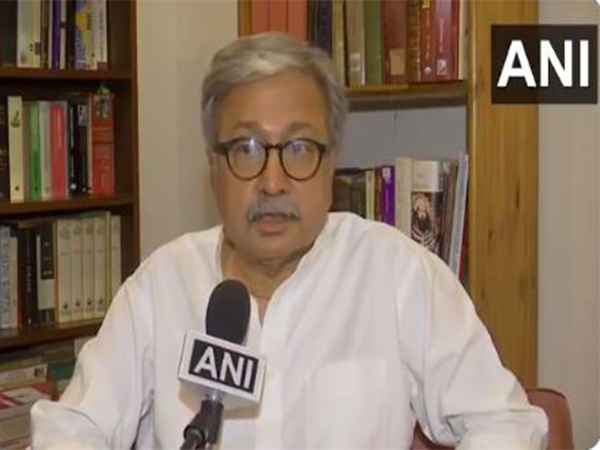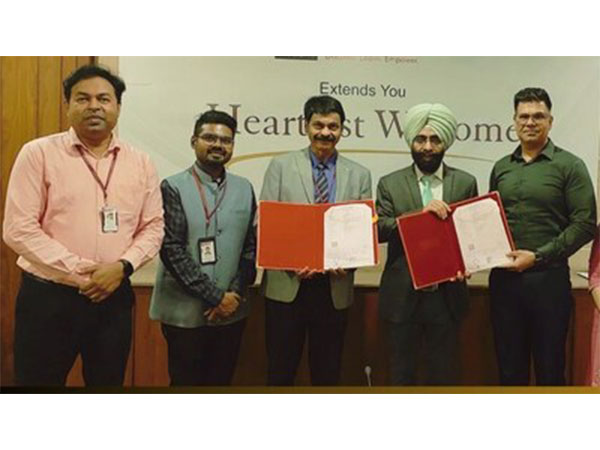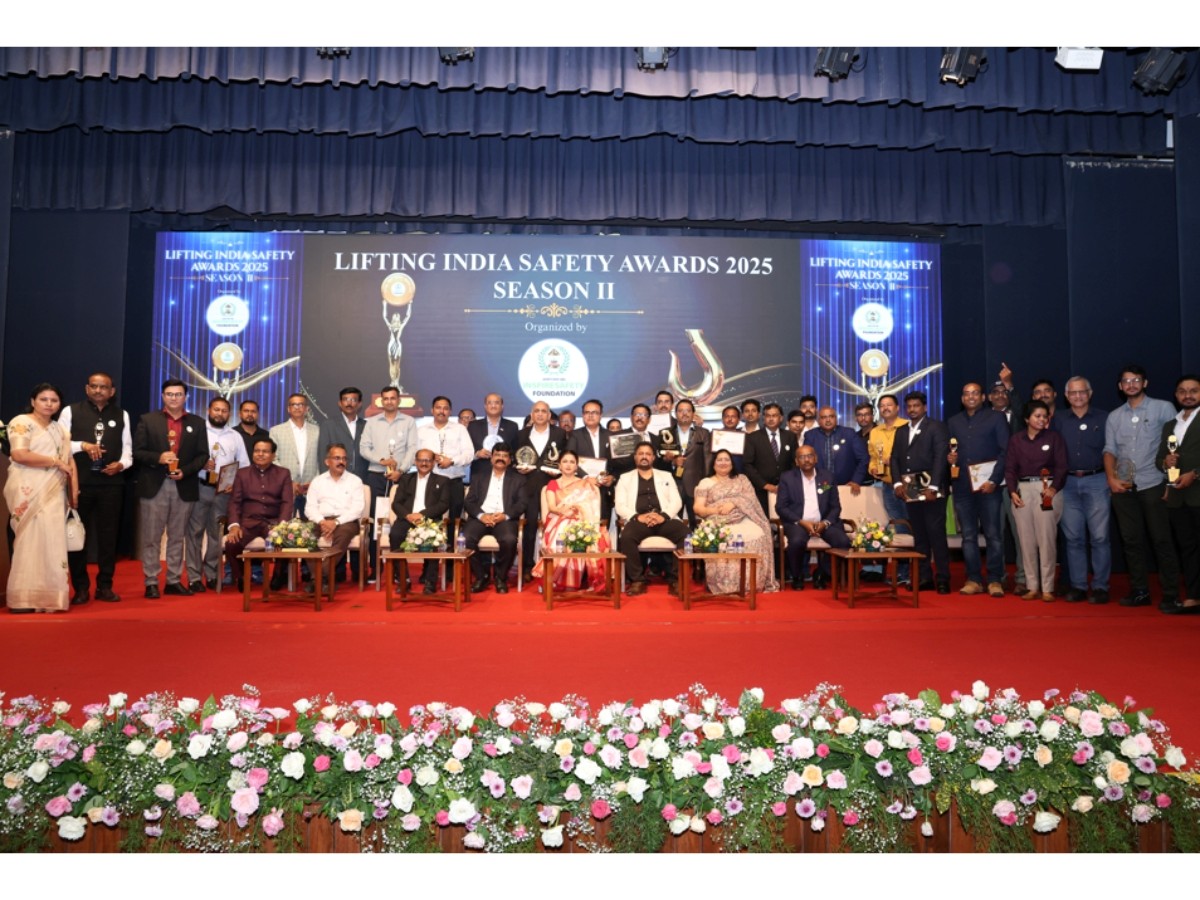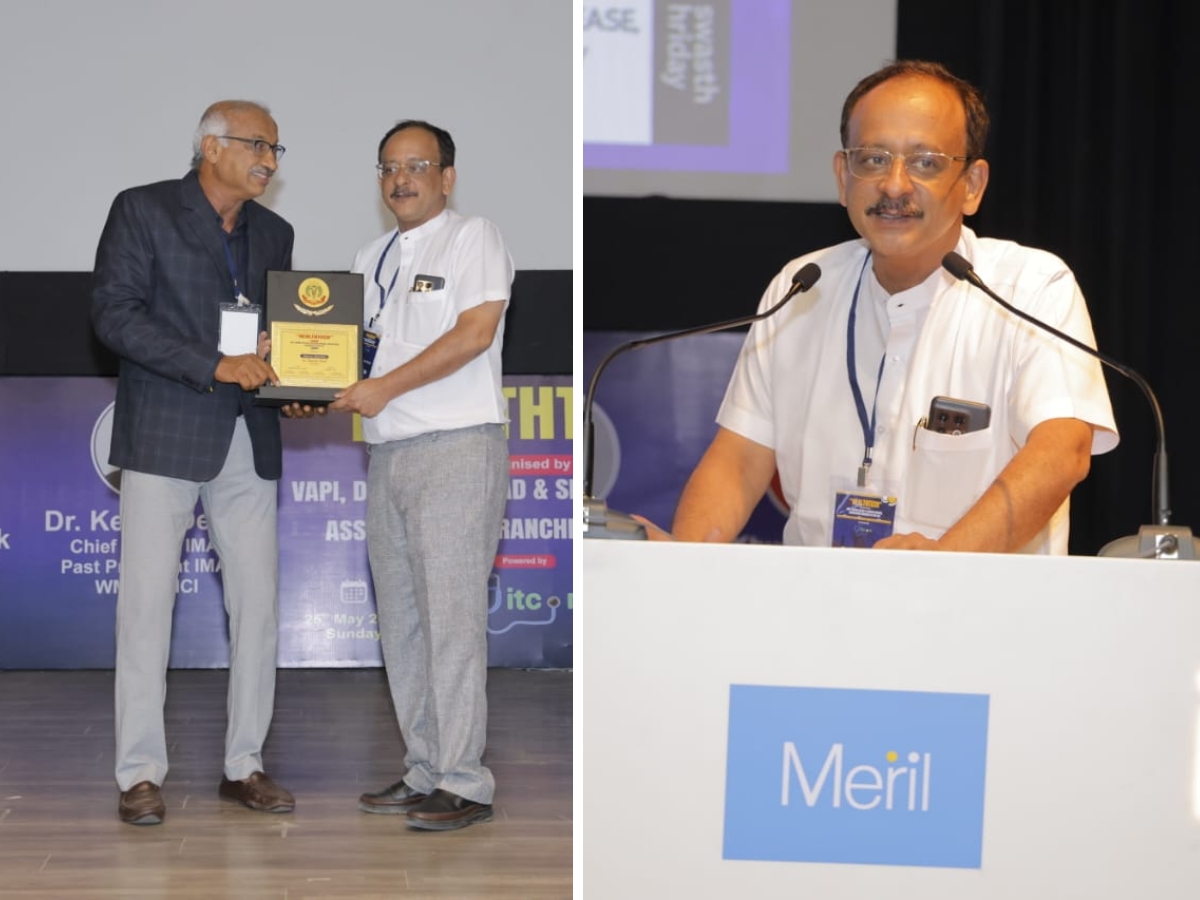New Delhi [India], May 27 (ANI): Former Culture Secretary Raghvendra Singh on Tuesday dismissed Pakistan Prime Minister Shehbaz Sharif’s recent call for dialogue with India, questioning the sincerity of the offer amid Pakistan’s continued backing of terrorism and the military’s control over its civilian government.
Earlier in the day, Pakistan Prime Minister Shehbaz Sharif said that the country was ready to hold talks with India “to find solutions” to “longstanding problems,” including Kashmir, water-sharing and trade.
Reacting to Sharif’s statement, Singh, a retired IAS officer, told ANI, “I have seen the report on what the Pakistan PM said during his Tehran visit. The first issue is terrorism, the second is PoK, and the last is trade. I don’t feel confident about what the Pakistan PM has said. These things have been expressed in the past by Pakistan’s political leadership, but nothing concrete has ever happened.”
He emphasised terrorism as the core obstacle to meaningful dialogue, saying, “The issue is very simple and straightforward, that is, Kashmir. We can’t resolve this issue with terrorism. A lot of terrorists are being given shelter and arms in Pakistan. The country is not under political leadership; it’s under army leadership.”
Referring to Prime Minister Narendra Modi’s recent statement in Bhuj, Singh said it sent a strong message on Pakistan-occupied Kashmir (PoK). “People living in PoK see the stark difference between PoK and Jammu & Kashmir. The process of development is ongoing in Kashmir under the leadership of the Indian government. Since its independence, Kashmir has seen considerable development, but PoK has not. Eventually, people in PoK will begin to realise this, and in the next 10 to 20 years, they may themselves want to come to India,” he said.
Earlier in the day, Pakistan’s Prime Minister Shehbaz Sharif said that the country is ready to talk with India “to find solutions” to “longstanding problems”, including Kashmir, water-sharing and trade. He made the comments during a joint press conference with Iranian President Masoud Pezeshkian in Tehran.
“We are ready to talk, for the sake of peace on water issues with our neighbour,” Sharif was quoted as saying by Pakistani daily Dawn. “We are ready to talk to promote trade and also counter-terrorism…”
“We wanted peace, we want peace and we will work for peace in the region through talks, on the table, and resolve our outstanding issues,” Sharif said.
The Pakistan PM said, “But if they accept my offer of peace, then we will show that we really want peace, seriously and sincerely.”
Operation Sindoor was launched early on May 7 as a decisive military response to the April 22 Pahalgam terror attack by Pak-sponsored terrorists in which 26 people, mostly tourists, were killed. Indian Armed Forces targeted terror infrastructure in Pakistan and Pakistan-occupied Jammu and Kashmir, leading to the death of over 100 terrorists.
India and Pakistan have agreed to stop military action following call made by Pakistan DGMO to his Indian counterpart.
In the wake of the attack, the government took up a series of actions against Pakistan, of which one was putting the Indus Water Treaty into abeyance. The Treaty was put into abeyance after the dastardly Pahalgam terror attack.
Previously, External Affairs Minister S Jaishankar had also reiterated that the Indus Water Treaty, signed in 1960, is currently on hold due to Pakistan’s cross-border terrorism. The treaty governs the sharing of water resources from the Indus River and its tributaries between India and Pakistan.
Previously, MEA Spokesperson Randhir Jaiswal had said that climate changes and demographic shifts have created new realities on ground.”Now, as per CCS decision that I referred to of 23rd April, India will keep the treaty in abeyance until Pakistan credibly and irrevocably, abjures its support for cross-border terrorism. Please also note that climate change, demographic shifts and technological changes have created new realities on ground as well,” Jaiswal said.
India had also imposed an immediate ban on the direct or indirect import and transit of all goods originating in or exported from Pakistan, regardless of their import status, effectively halting bilateral trade flows, according to a notification by the Ministry of Commerce and Industry. (ANI)
Disclaimer: This story is auto-generated from a syndicated feed of ANI; only the image & headline may have been reworked by News Services Division of World News Network Inc Ltd and Palghar News and Pune News and World News
HINDI, MARATHI, GUJARATI, TAMIL, TELUGU, BENGALI, KANNADA, ORIYA, PUNJABI, URDU, MALAYALAM
For more details and packages
















